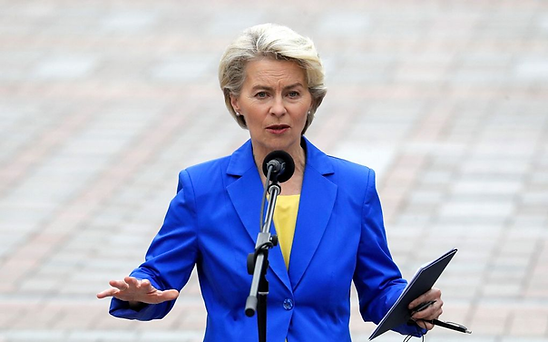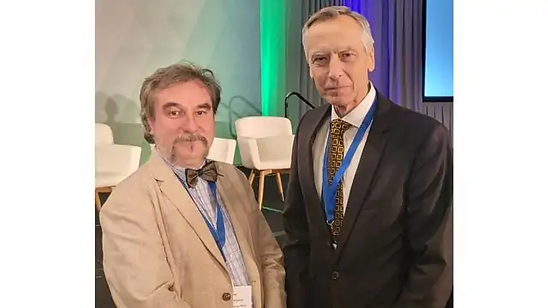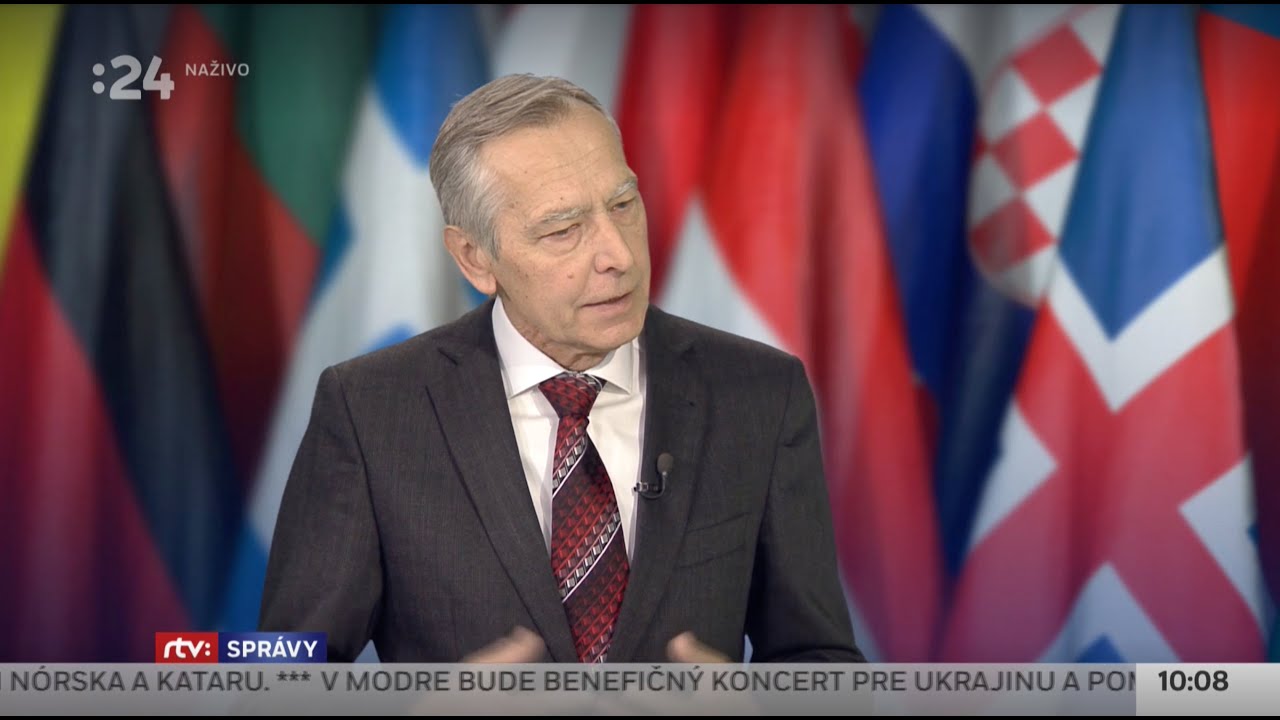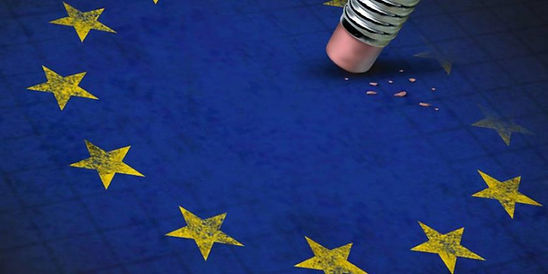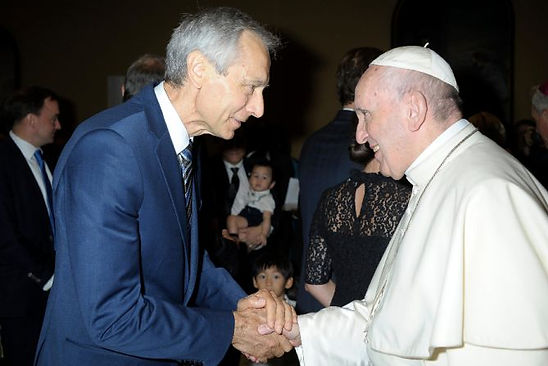Tag: EU
-
International Conference Urges Support for Religious Freedom and Human Rights
“Religious freedom is a hallmark of an open society” November 14, 2022 11:31 ET | Source: The Washington Times Foundation International Conference Urges Support for Religious Freedom and Human Rights “Religious freedom is a hallmark of an open society” The greatest difference between open, free societies and authoritarian regimes is respect for human rights and
-
Open letter to Von Der Leyen: Where is the EU envoy for religious freedom?
Ursula Von Der Leyen. Photo EPA, Sergey Dolzhenko Dear President Von Der Leyen, A direct question: Why does the European Union still not have a Special Envoy/High Representative for Religious Freedom and Belief? Why, after the resignation of the Greek Cypriot politician and former EU Commissioner Christos Stylianides more than a year ago, has this
-
So srdcom na Slovensku: Úvod ako záver
Bratislava 13. augusta (TK KBS) Kardinál Jozef Tomko, s ktorým sa v týchto dňoch lúčime, bol “duchovným otcom pre Slovensko”. „Napriek nútenému exilu a zodpovednosti za misie v celom svete jeho srdce zostalo späté s rodnou krajinou,” píše pred pohrebou rozlúčkou bývalý osobitný vyslanec pre podporu slobody náboženstva alebo viery mimo EÚ Ján Figeľ. Pri
-
IRF Summit 2022: Religious Freedom for Everybody, Everywhere, All the Time
Former Ambassador Sam Brownback and Katrina Lantos Swett hosted the event in Washington, D.C. “We’ve got a simple model: it’s religious freedom for everybody, everywhere, all the time.” by Marco Respinti Marco Respinti (left) with Ján Figeľ, former European Commission special envoy for the promotion of freedom of religion outside the EU, at the IRF
-
Pred dôležitým summitom EÚ: Stredná Európa sa musí chopiť výzvy
Politické osobnosti z Poľska, Maďarska, Česka a zo Slovenska vyzývajú krajiny V4, aby nepremeškali historickú chvíľu. Foto: wikimedia.org Žijeme vo štvorrozmernom svete. Tri rozmery súvisia s priestorom. Jeden s časom. Otázka posúvania hraníc, otázka existencie či neexistencie našich štátov na mape už dávno prispeli k tomu, že práve v strednej Európe vnímame tieto vektory –
-
ITI Interview with Ján Figeľ
On Tuesday 10 May 2022, the ITI welcomed to campus Ján Figeľ under the guise of the Adenauer Forum for a conversation on Catholic Public Leadership with ITI’s President, Dr. Christiaan Alting von Geusau. Mr. Figeľ was instrumental in providing leadership to his native Slovakia as it transitioned from communism and the Soviet Bloc to
-
O vojne na Ukrajine a summite NATO a EÚ
Relácia v RTVS 25.03.2022 https://www.rtvs.sk/televizia/archiv/18785/318632#0
-
Embassies must not Partner in Undermining Democracy
War on Ukraine represents a conflict between democratic, independent and sovereign country and autocratic aggressor brutally violating international law. We must be sensitive on protection of democratic traditions and processes in European countries. When diplomatic missions act to involve themselves in the domestic politics of their host, this step crosses the line of interference and
-
Attack on Democracy
Democratic process in Europe must be protected and respected. It cannot be allowed to be subject to attack from any source, nor can it spread to the entire continent if subverted in its core regions. Disturbingly, just such assaults have been recorded, with foreign elements interfering directly in Poland and Hungary, while also engaging in
-
Ján Figeľ: ‘It’s a pity there is no EU religious freedom envoy anymore’
Ján Figeľ, special envoy for the promotion of freedom of religion outside the EU from 2016 to 2019, meets Pope Francis in 2018./ Vatican Media/Ján Figeľ personal archive. Bratislava, Slovakia, Sep 10, 2021 / 04:15 am On the eve of Pope Francis’ visit to Slovakia, the country appointed Anna Záborská, a former member of the

